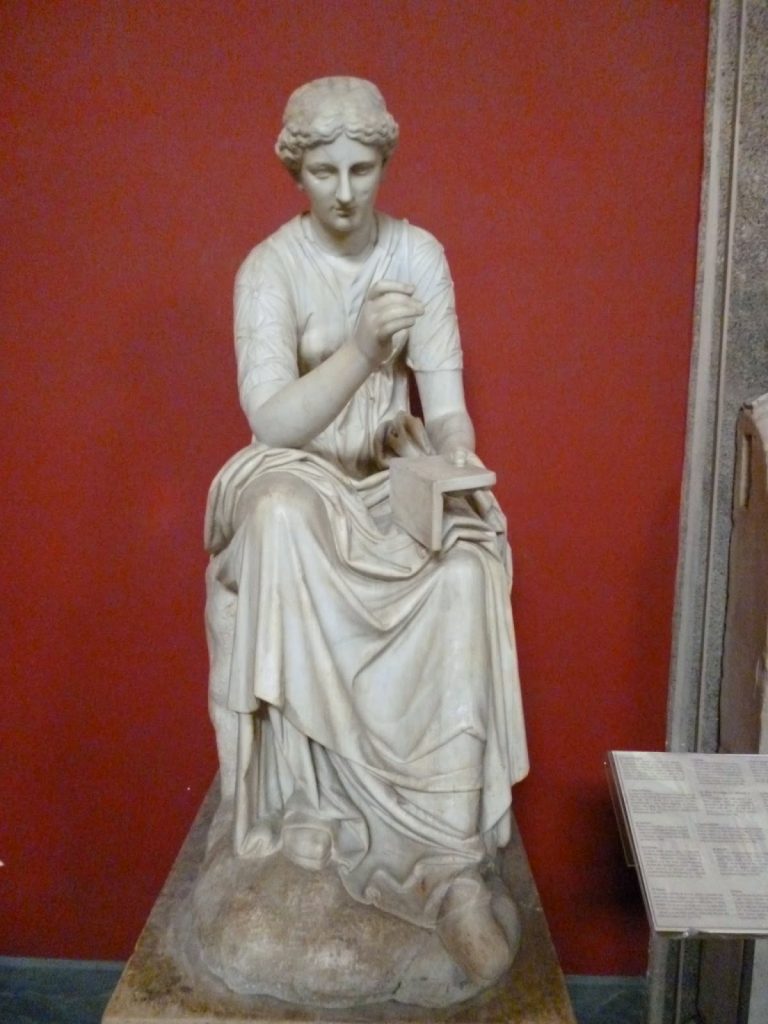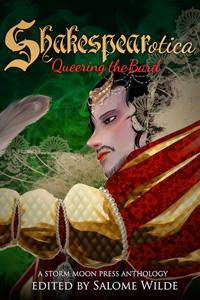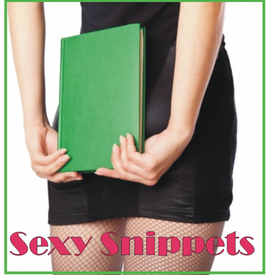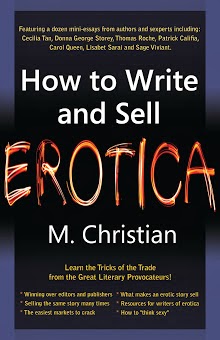By K D Grace
I had a professor in Uni who taught English
Lit, and much to my chagrin, he focused on poetry. Much to my surprise, I ended
up loving the class, but then forgetting just what poetry does for the soul
after the course was finished. I’ll
admit to penning a bit of doggerel and quite a bit of angsty verse in my teen
years, but for the most part, I consider myself a poetery Philistine. Sorry Ashley Lister J
Fortunately for me, I do write filth fairly
well, so no poetry required. Then I got invited to my first
poetry slam in
London. I went because I had been invited by my good friend and fabulous poet, Mel Jones. I stayed until the
last poem was performed because I was totally and completely enthralled. Since
then I’ve attended several poetry slams including Ernesto
Sarezale’s Velvet Tongue
Erotic Literary Soiree, and I’m always, every single time, riveted.
While I’m not convinced that I should write
or perform poetry – I shiver at the thought, what I am convinced of is the
power that comes from reading a story out loud. Poetry, at least to me, is
story distilled to its absolute essence. It’s the vodka of the literary world
to fiction’s beer.
I’ve always read everything I write out
loud during the final edit because giving voice to what’s written on the page makes
it real, gives it power, and makes me aware of the weak links that don’t flow
with the cadence of spoken language. I’m often asked if it matters if what I
write can be easily read out loud, but I think it’s essential in story. The
original storytellers, the ones who kept the oral histories of their people,
the ones who were entrusted with the magic, the lineage, the mythology and the
essence spoke their stories out loud, maybe around a campfire, maybe in the
temple, maybe in a cave where artists painted their stories on the walls. Speaking
the story out loud gives it dimension, gives it breath and shape and power.
I’ve been thinking about the power of the
spoken word ever since the reading slam in Scarborough at Smut by the Sea. Yes, I read, but
more importantly, I sat and listened to fifteen other people read. We were only
allowed five minutes, so each reader had to distilled down their reading to the
essence of what they wanted the listener to take away.
I love reading slams for that very reason.
I love being able to take the message in aurally and visually, as I watch the
reader/writer interacting with their work. Here is what I discovered; in those
five minute segments, the sex and the heat of the sex the reader shared with
the audience had way less to do with how much I remembered of their reading,
how much I sat on the edge of my seat holding my breath during their reading,
than the story woven around that sex.
I remember Jacqueline Brocker’s chocolate eclairs
because I could close my eyes and taste the richness of them, the guilty
pleasure of them, the phallic shape of them, the luscious crème filling. I
remember JanineAshbless’ vampires because I could almost feel the sting of the thorns of
those red roses biting into cleavage, drawing little beads of blood. Breathe, K D! Breathe!
The cadence of words spoken in English is
hypnotic – ambic pentameter that feels almost like a heartbeat. (trying not to
show my poetic ignorance again. Please forgive) The listener can feel it down
deep in the belly. We live and breathe and move and share our stories in that
rhythm.
That the rhythm is hypnotic means it can
just as easily relax us into a meditative state, put us to sleep, send our mind
off wondering as it can excite and invigorate us. It’s when story is woven in
with that hypnotic rhythm that our whole body sits up and takes notice. We
experience a good story with far more than just our eyes on the page. A good
story is visceral, and the more senses it touches, the more powerfully we
experience it and remember it and long for more of it.
‘Sticks and stones may break my bones but
words can never hurt me.’ SOO NOT TRUE! Words have power! Lots and lots of
power. And words spoken out loud have even more power. I think it’s really easy
for writers to forget that, and a reading slam or a poetry slam can bring that
fact home in a very real way. The rhythm of the spoken word can easily enough
put us to sleep. That’s true. But the
rhythm of the story boiled down to its
essence, read out loud can inspire, excite, stimulate and change us. I remember
the story read out loud, and I want more of it. That sex is a part of that
story makes the sex more visceral and more arousing.
Reading out loud has always been a test for
me. If I read my sex scenes out loud and the story doesn’t demand them, require
them, use them, need them, then they don’t belong. Reading out loud exposes the
true essence of the story in a way that nothing else can do, and hearing other
people read their stories out loud is a very intimate experience for the
reader/author and the listener. The sharing of stories out loud links us back
to roots older than written language, back to the roots of story itself, forged
in the experiences and the myths of our ancestors. We writers share those roots
in a powerful way, and it’s good to be reminded of our role as the Keepers of
Story by clearing our throats, opening our mouths and giving our story voice.












